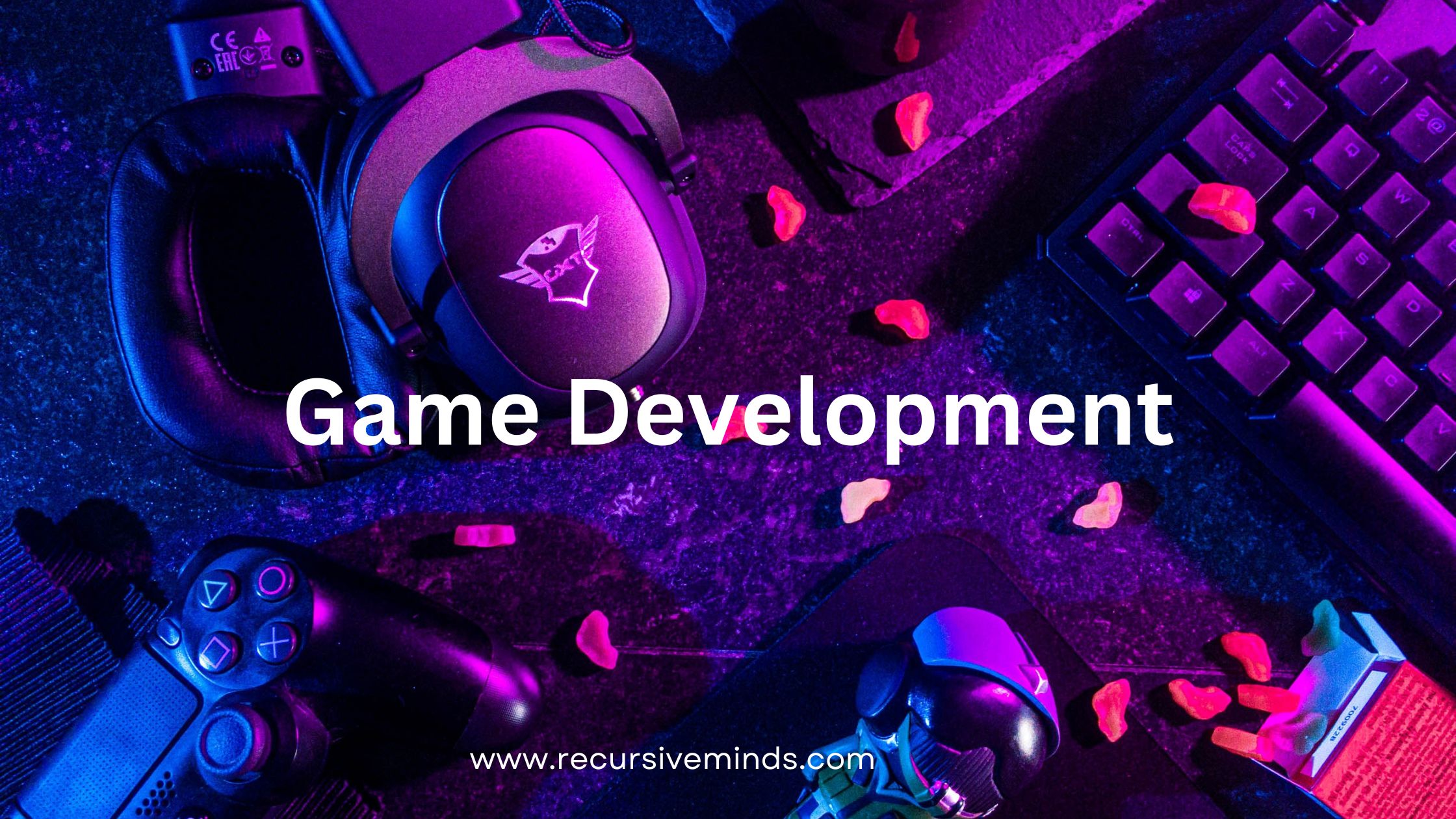Game development is an exciting and rapidly evolving field that allows creators to turn their imaginative ideas into interactive digital experiences. In this blog, we’ll dive into the world of game development, exploring what it entails and the wide array of tools available to help aspiring game developers bring their visions to life. Whether you’re a beginner or a seasoned developer, understanding the tools at your disposal is essential for crafting engaging and immersive games.
What Is Game Development?
Game development is the process of designing, creating, and testing video games. It encompasses a broad range of activities, including conceptualizing game ideas, designing characters and environments, programming game mechanics, and fine-tuning gameplay. Game developers work collaboratively in multidisciplinary teams, combining their skills in art, design, and programming to create captivating gaming experiences.
Game Development Tools
- Game Engines:
- Game engines are the heart of game development, providing the essential framework for building games. Some popular game engines include Unity, Unreal Engine, and Godot. These engines offer powerful features for 2D and 3D game development, physics simulations, and rendering.
- Programming Languages:
- Game developers often use programming languages like C++, C#, and Python to implement game logic, create interactive elements, and optimize performance. The choice of language depends on the game engine and platform.
- Art and Design Software:
- Creating captivating visuals and animations is a crucial aspect of game development. Tools like Adobe Photoshop, Blender, Autodesk Maya, and Adobe Illustrator are used for character design, 3D modeling, texturing, and animation.
- Sound and Music:
- Audio plays a significant role in gaming immersion. Software like Audacity and Ableton Live helps developers create and edit sound effects and music tracks for their games.
- Version Control Systems:
- Collaboration is key in game development. Version control systems like Git and platforms like GitHub enable teams to work on the same project simultaneously, track changes, and manage code efficiently.
- Integrated Development Environments (IDEs):
- IDEs like Visual Studio, JetBrains Rider, and PyCharm provide a robust environment for writing and debugging code, making the development process smoother.
- Asset Creation Tools:
- Tools such as Substance Painter and Adobe Animate assist in creating assets like textures, sprites, and 2D animations.
Choosing the Right Tools
Selecting the appropriate tools for your game development project depends on various factors, including your game’s genre, complexity, target platforms, and your team’s expertise. Beginners often find engines like Unity with user-friendly interfaces and extensive online resources a great starting point. Experienced developers may prefer engines like Unreal Engine for high-end graphics and realistic physics.
Conclusion
Game development is a dynamic field that offers boundless opportunities for creativity and innovation. By understanding the wide array of tools available, you can embark on your journey to create the next gaming masterpiece. Whether you’re crafting a simple mobile game or a complex AAA title, the right tools are your allies in bringing your game ideas to life.
In this blog, we’ve introduced you to the world of game development and highlighted the essential tools that empower developers to create immersive and enjoyable gaming experiences. Remember, the choice of tools can significantly impact your development process, so explore, experiment, and find what works best for your vision.
Thank you for Reading
Happy Coding





